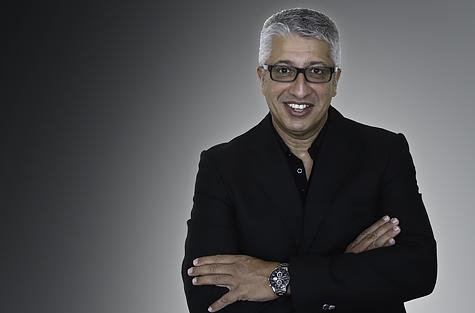From the outside, Jake* looked like your ordinary teen, but he had a big problem. Whenever teachers called on him in class, he would get so nervous and panicky that he just won’t be able to say anything at all, he shared this with me in one of our sessions in Dubai. Jake’s fear became so pronounced that he would skip school just to avoid getting called on by his teachers. It took a lot of coaxing and cognitive behavioral therapy to guide Jake back to confidence and shake off his fears.
What Jake experienced is more than your ordinary level of shyness. By that, I mean the stuff we have all gone though at some point: sweaty palms, palpitating heart, butterflies in the stomach when faced with social situations. It could happen, for instance, at a party where you are surrounded by new people or in a boardroom where you are set to give a speech. You’re in a new social setting and shyness or self-consciousness kicks in. But while most people get through these moments, others struggle with feelings that build up into something so extreme they clam up or retreat from the world altogether.
What is it?
If you feel overwhelmed by these extreme feelings, it’s likely you are suffering from social anxiety disorder or social phobia. This kind of phobia is an anxiety disorder that causes a person to feel so extremely shy and self-conscious that it turns into an overwhelming fear. That fear then causes social phobics to avoid socialising—avoiding the thing they dread the most. People with this kind of phobia tend to avoid eye contact and conversations, and shy away from other people or social activities. As a result, social phobics have few friends.
Not all social phobics are recluse though. They can usually interact easily with family and a few close friends, but when they are meeting new people or speaking in public, that is when they feel exposed and develop an acute sense that people are looking at them and making judgments. The physical symptoms include blushing, excessive sweating, nausea, difficulty breathing, shaking and palpitations. In some instances, social phobics even cry.
Social phobia is normally diagnosed at around 13 years of age, and according to research, it takes about 10 years for 36 per cent of people with social anxiety disorder to seek help for the problem. Although social phobics know their fear is excessive and unreasonable, they feel powerless against their anxiety and are always terrified of embarrassing or humiliating themselves. Social phobia can have a crippling effect: Young people with social anxiety disorder tend to grow up choosing situations that require less involvement with other people, so they miss out on a lot of opportunities.
Why do people develop social phobia?
According to research, social phobia is likely to be a genetic characteristic that is likely to become problematic if the contextual circumstances are right. For example young children who are repeatedly exposed to criticism often develop the disorder because they lack self-confidence and are afraid of voicing their opinions as they are so used to attracting negative comments. It becomes a vicious circle that needs to be broken.
Social phobics feel physical sensations of fear, like a faster heartbeat and ragged breathing. This is usually the body’s way of coping with danger. But with social phobia, the fear becomes so magnified that the body reacts in the extreme—which explains why some people stand rooted where they are or can’t seem to say anything at all.
Social phobics tend to worry a lot about being judged in a social setting, too—whether they are talking to a crowd or with a small group of people. Their fear becomes exaggerated that they tend to avoid situations, people and places that make them feel uncomfortable or nervous. While this brings temporary relief, it doesn’t really help the person to overcome his or her fear in the long run.
The good news is while fear can be learned, it can also be unlearned. With focused effort, the effect of the negative experiences which have previously shaped a person’s social phobia can be turned around.
Overcoming social phobia
Face your fear. This is more than just a tag line. When it comes to phobias, the more you avoid something, the worse it becomes. Be willing to go out of your comfort zone and muster the courage to face your social fears.
Begin in a small way. Initiate a conversation with someone at work or accept an invitation to meet with a group of people, but have an exit strategy, so that you can make your excuses after a set time. An effective way to build your confidence is to join a group where everyone is a beginner. This way you will build up your tolerance, but in a gentle way and you might pick up a new skill at the same time. When you conquer your fear, it no longer becomes a road block but a learning experience.
You should also consider seeking professional help in order to build the skills and confidence you need to manage your feelings and break the cycle of fear. Being willing to change is the first step, but being committed to change will allow you to move forward and enjoy new experiences.
It is also important to build a strong support system at home. Surround yourself with friends and family who can feed you with positive feelings and cheer you on to reach small successes one step at a time. Those small steps will add up to one giant leap and when you look back you will see how far you’ve come.
* Name changed to protect identity












